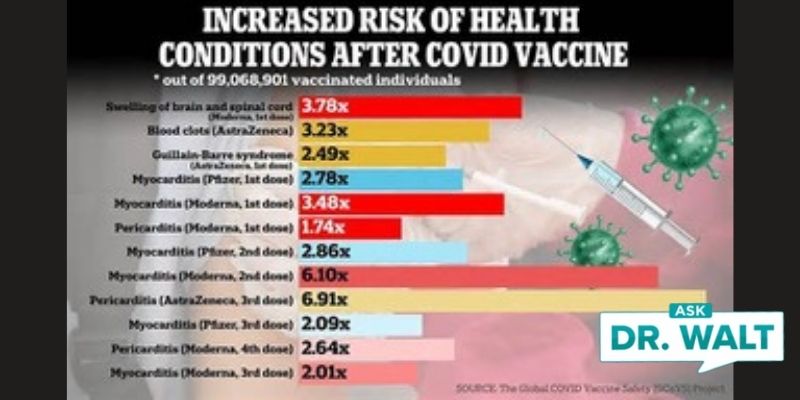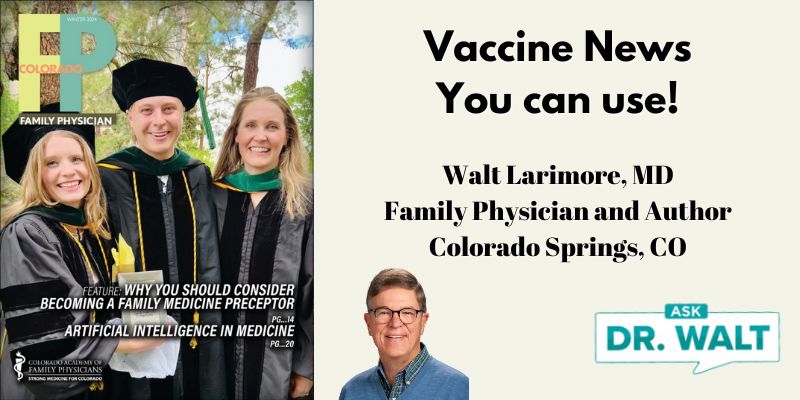Analysis suggests proposed changes to autism definition would exclude many
No amount of alcohol during pregnancy is safe for the unborn child
February 11, 2012Sex poses little risk for heart attack survivors
February 12, 2012A possible change in the definition of autism and one top expert says the change could, quote, “make these autism epidemic go away.”
The new definition under consideration by America’s psychiatrists … will vastly narrow the set of problems now called autism.
Many experts are predicting that the changes, if they go into effect, will lead to big battles over which children are entitled to special education and other benefits.”
In a front-page article, the New York Times reports an analysis, presented at a meeting of the Icelandic Medical Association, of the proposed changes in the definition of autism currently being considered by an expert panel appointed by the American Psychiatric Association for the fifth edition of its Diagnostic and Statistical Manual of Mental Disorders (DSM-5) “might make it harder for many people who would no longer meet the criteria to get health, educational and social services.”
The study found that 25% of those diagnosed with autism in 1993 wouldn’t fall under the definition, 75% with Asperger syndrome no longer would, and 85% of those with pervasive developmental disorder, not otherwise specified no longer would.
However, those working on the new DSM-5 definition “strongly disagree about the proposed changes’ impact.”
The controversy “will almost certainly increase scrutiny of the finer points of the psychiatric association’s changes to the manual.”
The Deseret (UT) Morning News reports, “Critics of the current definition, however, say it’s too vague and unnecessarily inflates the number of people with autism.”
Dr. Fred R. Volkmar, director of the Child Study Center at Yale University School of Medicine and one of the authors of the new analysis said, “The proposed changes would put an end to the autism epidemic. We would nip it in the bud – think of it that way.”






